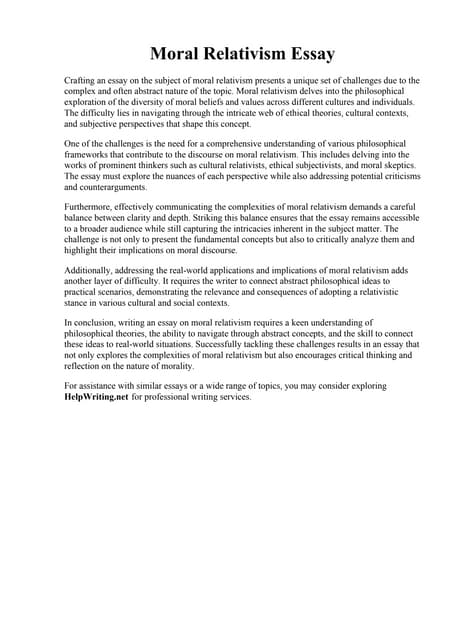
Inuendo Studios presents an excellent and approachable analysis of the infamous Gamer Gate and its role in later digital radicalization. This video got me thinking about manufactured outrage, which reminded me of the fake outrage over such video games as Cuphead and Doom. This sort of outrage has also manifested against the She-Ra and He-Man reboots. More mainstream fictional outrage against fiction involved the Republican’s rant about Dr. Seuss being “cancelled.” In the world of gaming and media, this fictional outrage can lead to real consequences, such as death threats, doxing, swatting, and harassment. In the political world, this fictional outrage is weaponized for political gain, ratchets up the political divide between Americans, and escalates emotions. In short, this fictional outrage at fiction makes our world worse.
While it is probably obvious, I call this fictional outrage at fiction for two reasons. The first is that the outrage is fictional: it is manufactured on an imaginary foundation. The second is that the outrage is at works of fiction, such things as games, TV shows, movies, and books. Since Thought Slime, Innuendo Studios, Shaun, and others have ably gone through numerous examples in great detail, I will focus on some of the rhetorical and fallacious methods used in fictional outrage at fiction. These methods also apply to non-fiction targets as well, but I am mainly interested in fiction here—if only to point out that some people put considerable energy into enraging people about make-believe things like games and TV shows. While fiction is subject to moral evaluation, it should be remembered that it is fiction. Although our good dead friend Plato would certainly disagree with me here.
While someone wishing to generate fictional outrage can simply lie, this is often less effective than basing the outrage on a particle of truth. One way to do this is to make use of the rhetorical tool of hyperbole. Exaggerating a true claim allows the user of. . .
While it is probably obvious, I call this fictional outrage at fiction for two reasons. The first is that the outrage is fictional: it is manufactured on an imaginary foundation. The second is that the outrage is at works of fiction, such things as games, TV shows, movies, and books. Since Thought Slime, Innuendo Studios, Shaun, and others have ably gone through numerous examples in great detail, I will focus on some of the rhetorical and fallacious methods used in fictional outrage at fiction. These methods also apply to non-fiction targets as well, but I am mainly interested in fiction here—if only to point out that some people put considerable energy into enraging people about make-believe things like games and TV shows. While fiction is subject to moral evaluation, it should be remembered that it is fiction. Although our good dead friend Plato would certainly disagree with me here.
While someone wishing to generate fictional outrage can simply lie, this is often less effective than basing the outrage on a particle of truth. One way to do this is to make use of the rhetorical tool of hyperbole. Exaggerating a true claim allows the user of. . .
News source: A Philosopher’s Blog
Post Views: 242







